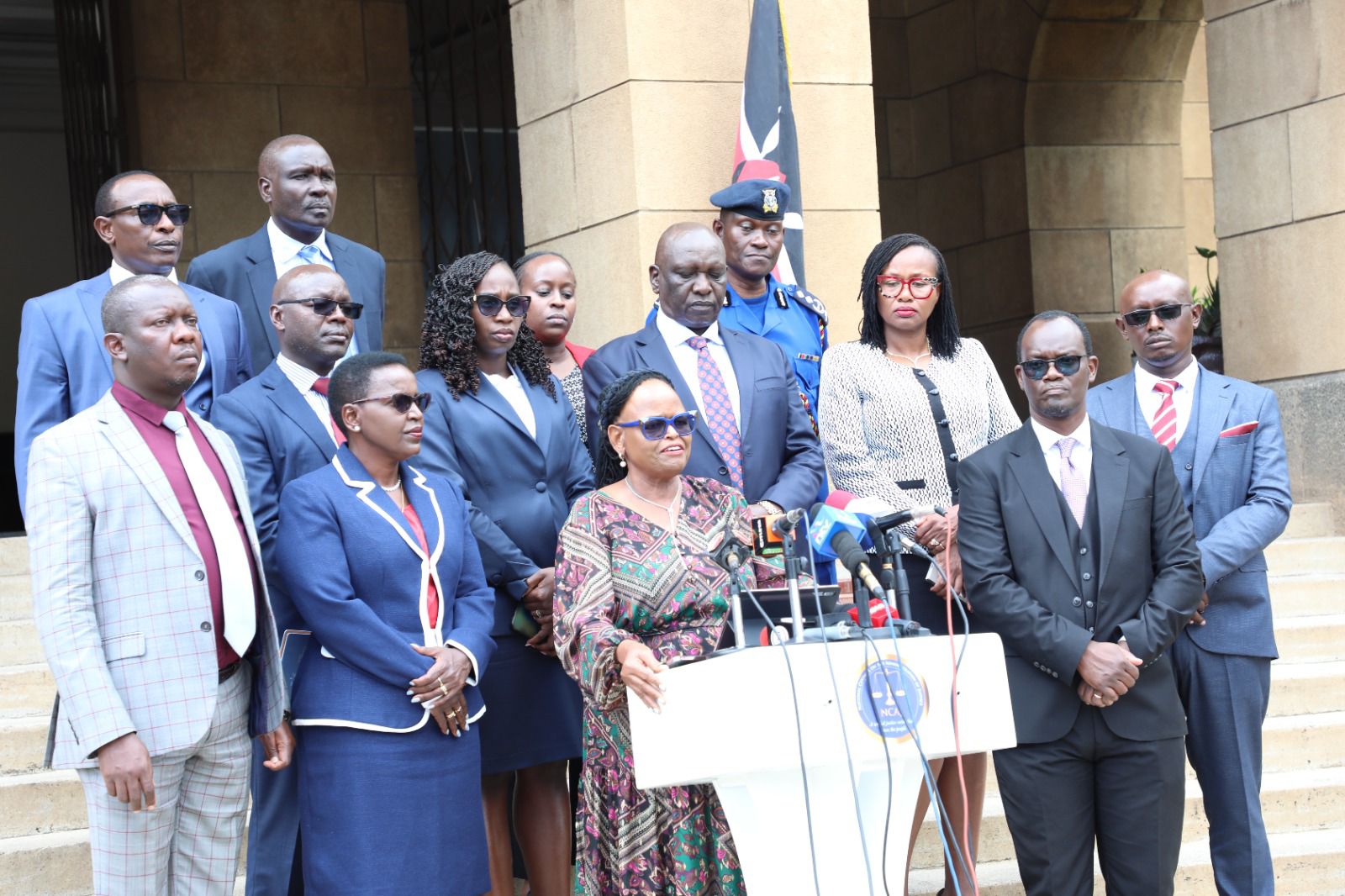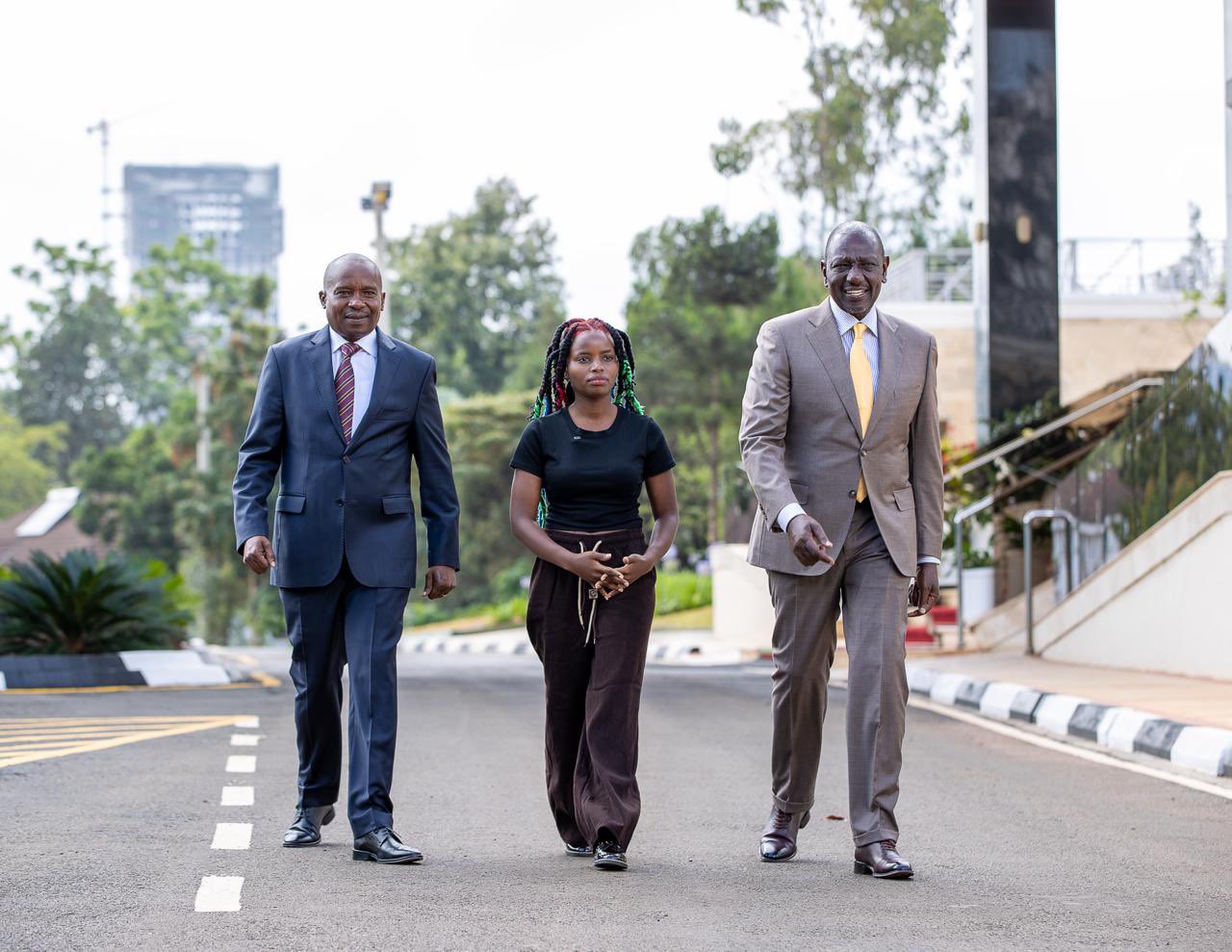MPs call for withdrawal of Treasury, civil service circulars on e-GPS system

The call follows the committee’s backing of a Delegated Legislation Committee report that recommended annulling a Public Procurement Regulatory Authority circular, which required all public procuring entities to adopt e-procurement.
The Parliamentary Committee on Implementation has called on the National Assembly to swiftly declare two Treasury and civil service circulars null and void, saying they unlawfully compel government entities to use the electronic Government Procurement System (e-GPS) despite the House previously ruling such mandatory use unconstitutional.
The call follows the committee’s backing of a Delegated Legislation Committee report that recommended annulling a Public Procurement Regulatory Authority circular, which required all public procuring entities to adopt e-procurement. The report argued the directive violated Articles 2(1) and (2), 10, 27(2), 94(5), and 227 of the Constitution, the Public Procurement and Asset Disposal Act and sections of the Statutory Instruments Act.
More To Read
- Government eyes handing NTSA’s smart driving licence programme to private investor
- Government sets 14-day deadline to end student bursary delays nationwide
- Treasury: Kenya can no longer rely on taxes or borrowing for big infrastructure projects
- World Bank warns political interference weakening Kenya’s state-owned enterprises
- Women secure majority of contracts in inclusive government procurement programme
- Treasury CS John Mbadi defends ballooning State House budget
The two circulars targeted for annulment include a National Treasury and Economic Planning circular dated March 26, 2025, directing accounting officers to transition to e-GPS from July 1, 2025 and a June 5, 2025, circular from the Head of Public Service reiterating the need for all procuring entities to adopt the system.
In its report, the committee, chaired by Budalang’i MP Raphael Wanjala, said the circulars created “ultra vires provisions”.
“The Committee concurs with the annulment of Circular No. 04 of 2025 of August 12, 2025, by the House. Further, the Committee recommends that the House declare the above Circulars (a & b) a nullity, as they create ultra vires provisions which were in contravention of Article 227 of the Constitution, and Section 77(1) of the Public Procurement and Assets Disposal Act, Cap. 412C,” reads the report.
The committee noted that the annulment of the previous circular did not prevent enforcement of compliance with e-GPS through a Cabinet directive stating that the system shall remain the primary means of procurement in government transactions.
The report further observed that the CS had usurped legislative powers of the National Assembly, as outlined under Article 94(5) of the Constitution.
To address the issue, the committee recommended that the ministry either amend the previous circulars or revoke them entirely and introduce an amendment to Section 77(1) of the Public Procurement and Asset Disposal Act, deleting the provision limiting manual procurement.
While acknowledging that funds for the 2024/25 financial year have been disbursed, the committee advised that project implementation continue according to approved procurement plans. These plans allow both manual and electronic procurement methods, ensuring flexibility and efficiency in government procurement processes.
The recommendations come as the High Court suspended the compulsory use of the e-GPS, allowing public entities to submit and receive tender documents either electronically or manually, provided they comply with the Public Procurement and Disposal Act.
“A conservatory order be and is hereby issued staying the decision of the Cabinet Secretary, National Treasury & Economic Planning, and the Public Procurement Regulatory Authority’s Circular No. E04/2025, which required the mandatory use of the Electronic Government Procurement System [e-GPS] by all Public Procurement Entities,” Justice Bahati Mwamuye ordered.
He further directed all Public Procurement Entities to comply with Section 77(1) of the Public Procurement and Disposal Act in that “submission of tender documents shall be in writing and in either electronic or manual form; and such submissions shall comply with the other requirements of Section 77 generally and subsection (1) in particular.”
Justice Mwamuye also instructed the National Treasury and the Public Procurement Regulatory Authority (PPRA) to process both electronic and manual submissions equally, ensuring no method is given preference.
Top Stories Today













































